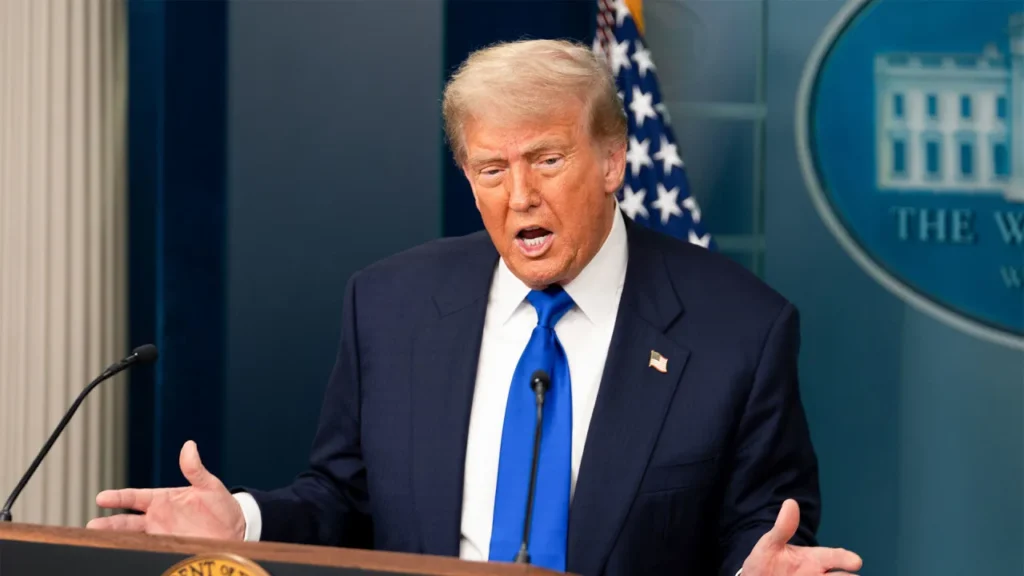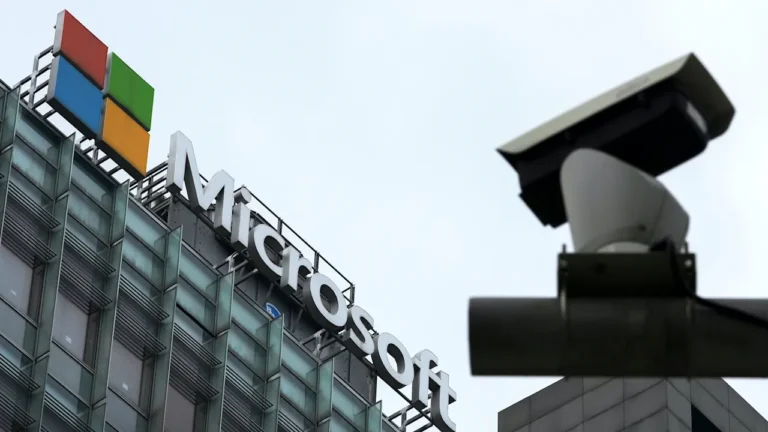
Rural hospitals in the U.S. already operate on a razor’s edge, but new cuts to Medicaid in the Republican appropriations bill could tip many of them into failure.
The Republican mega-bill that the House just passed in a 218 to 214 vote is a massive piece of kitchen sink legislation, extending Trump’s tax cuts and allocating hundreds of billions for immigration enforcement, among the president’s priorities. To pay for all of that spending, the bill will slash programs that make up the federal safety net by the largest amount in decades, mostly through major cuts to Medicaid.
Medicaid is the joint federal and state health insurance program that millions of low-income Americans rely on for health care coverage. As of March of this year, 71 million people in the U.S. were enrolled in Medicaid, which also extends coverage for pregnant people, elderly adults and Americans with disabilities.
An estimate from the Congressional Budget Office expects 12 million people to lose their Medicaid coverage under the legislation. Among its major changes, the bill would cut $1 trillion in funding from Medicaid over the next decade and add new eligibility restrictions that require able-bodied adults to work 80 hours per month to qualify, up to age 65.
Older Americans between age 50 and 64 could be hit hardest by the new work requirements, according to analysis from the UC Berkeley Labor Center. That set of aging adults is too young to be eligible for Medicare but faces the challenge of juggling work with chronic illness and disability, two factors that contribute to plunging employment numbers after age 50.
Rural hospitals hit hardest
Beyond shrinking the number of Americans covered by Medicaid, the bill would also place a cap and a gradual set of reductions on the taxes that states charge health providers to pay for their share of Medicaid. Those taxes are a big piece of what makes the system work and any chances risk destabilizing an already fragile health care system.
Limits to state reimbursements are anticipated to further imperil hospital and clinic funding, particularly in rural areas where a larger share of the population relies on Medicaid. In those areas, an increased number of people without health care coverage and preventative care also means more patients showing up in emergency rooms.
“In Nebraska, nearly half of our rural hospitals are currently operating in the red,” Nebraska Hospital Association President Jeremy Nordquist said. “This change would pull the rug out from under them, leading to a loss of critical patient services and putting the health of our communities at risk.”
On Tuesday, Senate Republicans added more funding for rural hospitals to compensate for funding losses after a push from Maine Senator Susan Collins, whose state stands to be slammed by the cuts due to a large rural population that relies on Medicaid. An earlier version of the bill allocated $25 billion to rural hospitals over five years, a number that was doubled to $50 billion in the final version. If the $50 billion fund will be enough to offset a rural healthcare crisis is about to be a live social experiment with steep stakes.
At least one hospital closing its doors in the state is already blaming Trump’s signature legislation. Nebraska’s Community Hospital just announced the closure of a clinic in the rural Southwest Nebraska town of Curtis, which serves 900 people locally.
“Unfortunately, the current financial environment, driven by anticipated federal budget cuts to Medicaid, has made it impossible for us to continue operating all of our services, many of which have faced significant financial challenges for years,” Community Hospital CEO Troy Bruntz said.
Over a million could lose coverage
According to the National Rural Health Association, the bill is expected to reduce Medicaid funding for rural hospitals by 21% while leaving more than one million rural residents without coverage.
“While the Senate Finance committee proposal has made some cuts deeper than the House passed bill, both are certain to lead to more hospital closures and reduced access to care for rural residents, exacerbating economic hardship in communities where hospitals are major employers,” the association wrote in a report exploring the rural impacts of the bill.
An analysis by the Urban Institute and the Robert Wood Johnson Foundation found that hospitals would be down $321 billion over the next decade if changes in the less severe House version of the bill went into effect. On top of that, hospitals could be hit with $63 billion in additional costs from handling a larger base of uninsured patients, including those seeking emergency services.
The cuts to Medicaid are controversial, even among some of the lawmakers that ultimately supported the bill, which the Senate approved on Tuesday. “Do I like this bill? No,” said Alaska Senator Lisa Murkowski, who cast a decisive vote for the legislation after securing special carve outs for her state. “…I know that in many parts of the country, there are Americans that are not going to be advantaged by this bill.”
House Minority Leader Hakeem Jeffries attempted to push back Republicans’ self-imposed July 4 deadline by filibustering the massive legislative package, speaking on the House floor for eight hours and 44 minutes. With Jeffries’ record-setting critique wrapped up, Democrats could no longer delay the inevitable vote on Trump’s so-called “One Big Beautiful Bill,” which passed the House on Thursday afternoon.





